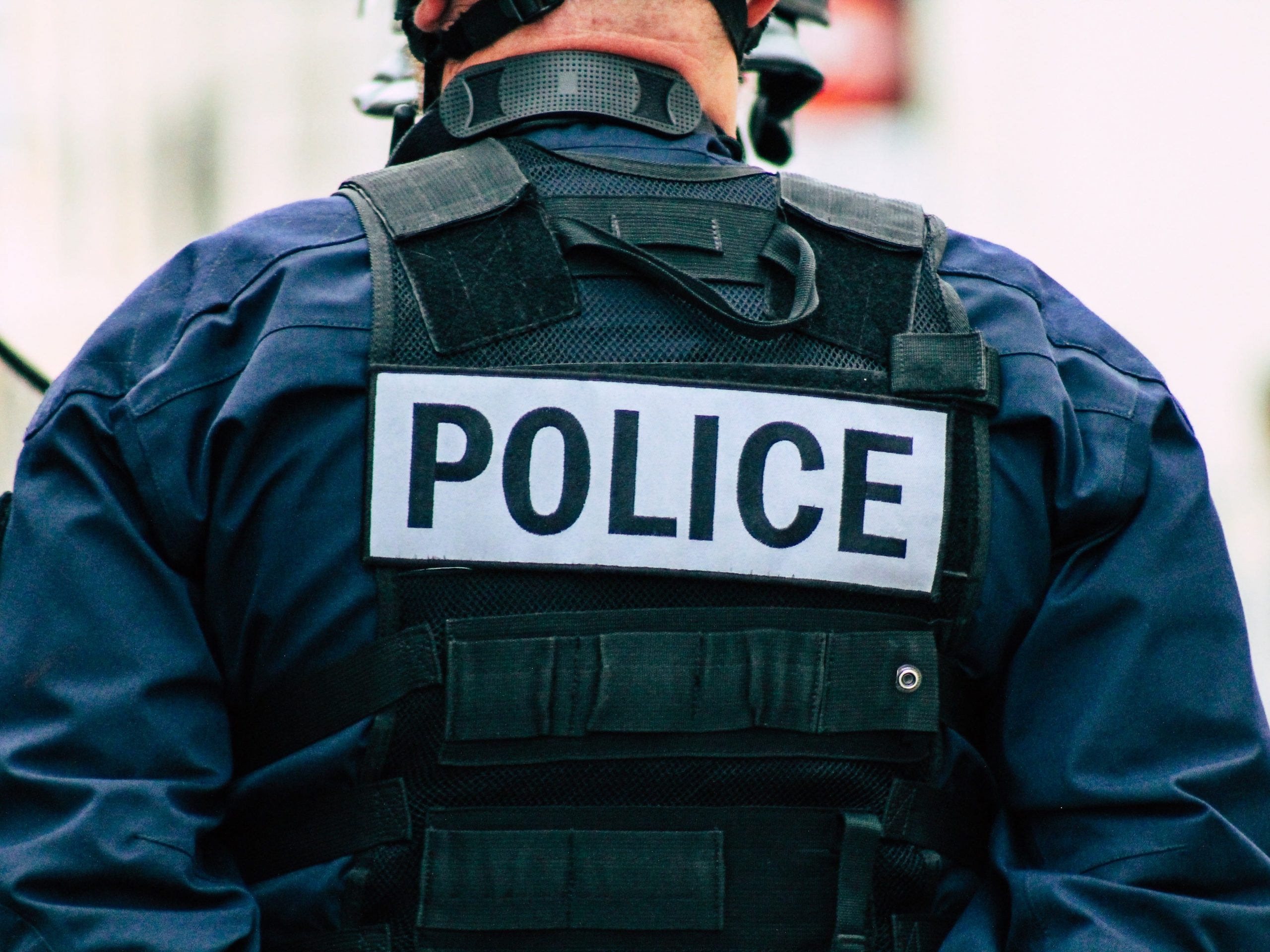- Protesters nationwide are calling to defund the police, after George Floyd, a Black man, was killed by Minneapolis police on May 25.
- On June 7, the city council in Minneapolis, Minnesota, pledged to defund its police department.
- Defunding the police largely means funding other social services instead.
- Police respond when there are domestic violence situations, drug overdose scenarios, and are even constantly present at about half of American public schools to keep the peace.
- Some policing experts and activists are of the opinion that other professionals, like the fire department and mental health specialists, could be better suited to handle those situations without police present.
- Below, experts explain how a community-based approach to policing would work and break down four response areas that generally fall under police purview that could be better served by social services.
- Visit Business Insider’s homepage for more stories.
For many, the rallying cry to “defund the police” means reallocating funds elsewhere — like to social services.

Minneapolis is the first city to act as protesters nation-wide demand to “defund the police.” The department’s budget this year was $193.3 million. For comparison, New York City – which has the country’s largest police force – has a nearly $6 billion budget. On June 7, Mayor Bill de Blasio said he plans to redirect an undisclosed amount of the city’s $6 billion policing budget to community-outreach and youth programs.
Some Minneapolis City Council members and local organizations like MPD150 envision transferring social service functions of the police department to other community-based agencies and organizations, in addition to de-militarizing the police force and redirecting police resources to other community programs that will directly benefit marginalized communities.
In a Time magazine opinion column, Minneapolis City Council member Steve Fletcher said that the goal of disbanding the police department is to “start fresh with a community-oriented, non-violent public safety and outreach capacity.”
Nine of 12 council members have come out in support of defunding the police, but no further details about the council’s next steps have been released. The majority means the council’s decision cannot be reversed by the mayor, but change still won’t occur overnight. It could take years to flesh out a clear policy. The council’s president, Lisa Bender, told CNN: “The idea of having no police department is certainly not in the short term.”
Policing experts and activists provide insight on how to fix policing — and some say it's time to rebuild the model of public safety.

"To fix policing, we must first recognize how much we have come to over-rely on law enforcement," Christy Lopez, a professor at Georgetown Law and co-director of the schools Innovative Policing Program, wrote in a June 7 Washington Post opinion column.
"We call police to roust homeless people from corners and doorsteps, resolve verbal squabbles between family members and strangers alike, and arrest children for behavior that once would have been handled as a school disciplinary issue," Lopez continued.
Others agree. "It's time to embrace alternatives like civilian-led crisis intervention teams composed of highly trained professionals, including nurses, doctors, psychiatrists, and social workers, to respond to incidents with people who are in mental health crises," Anthony Romero, the executive director of the American Civil Liberties Union, wrote on June 5.
Police officers are the first responders dispatched to drug overdose calls. Experts propose that fire department EMTs could likely handle such situations without law enforcement.

Fletcher, one of the council members aiming to disband the Minneapolis Police Department, wrote in a June 5 opinion column in Time magazine that the council had previously suggested changes that would likely now be implemented: "Dispatch county mental health professionals to mental health calls and fire department EMTs to opioid overdose calls, without police officers."
As Alex Vitale, the author of "The End of Policing" and a sociologist at Brooklyn College told NPR, "We don't have any part of this country that has high-quality medical drug treatment on demand. But we have policing on-demand everywhere. And it's not working."
Many don't call 911 in a drug overdose situation for fear of police action. Emergency medical assistance, like naloxone in the event of an opioid overdose, can easily be administered by EMTs rather than police officers.
Training for administering naloxone takes roughly five minutes, the treatment is readily available at pharmacies, and most states have Good Samaritan laws so that people can administer naloxone without being liable for potential harm to the person, Dr. Brett Wolfson-Stofko, a researcher at New York University's Center for Drug Use, told Business Insider in April.
Addiction specialists, additionally, could be helpful in these responses.
Police officers are often the first to respond to domestic abuse calls. Some experts say specialized organizations, like survivor support systems, could be better equipped to handle domestic violence disputes instead.

According to Vitale, domestic violence "goes grossly underreported because huge numbers of survivors feel that getting police involved is just going to make the situation worse."
As Patrisse Cullors, a cofounder of the Black Lives Matter organization, asked in an interview with WBUR, "Why is law enforcement the first responders for a mental health crisis? Why are they the first responders for domestic violence issues?"
Cullors said she could envision individual agencies, including domestic violence support groups and women's shelters, handling domestic violence calls.
"It's not just about taking away money from the police, it's about reinvesting those dollars into Black communities - communities that have been deeply divested from," Cullors said.
Police officers are often stationed at schools. Instead of upping law enforcement on campus, the American Civil Liberties Union (ACLU) says schools could invest in more counselors.

Instead of upping law enforcement on campus, schools could invest in more counselors, per the ACLU.
About half of the public schools in the US have police officers in them, and a third of students attended schools that had police officers but no counselors in 2019. Police presence in the classroom leads to consequences like suspensions, expulsions, and arrests - predominantly impacting students of color, according to a 2018 report by NPR's Cheryl Corley.
The Associated Press reported that some districts spend millions on their in-school police officers. "It's time to put more counselors and more teachers - not police - into our schools," Anthony Romero, the executive director of the ACLU, wrote in a June 5 blog post.
Public schools, which famously face shrinking budgets year after year, could benefit from counselors and other mental health professionals instead, according to ACLU reports. Schools with access to counselors, nurses, and social workers have improved attendance rates, higher graduation rates, and stronger academic achievement.
Police officers currently respond to all mental health calls. Mental health professionals, social workers, and others with proper de-escalation training could be better suited to support such situations.

De-escalation strategies are invaluable in defusing a potentially dangerous situation.
American Public Media's Curtis Gilbert wrote that de-escalation strategies encourage officers to "slow down, create space, and use communication techniques." Such strategies should bolster police officers' ability to calmly interact with civilians experiencing mental or emotional distress.
Most officers, however, do not have adequate de-escalation training. About a dozen states require it, and the few that do may only require one hour per year. Meanwhile, no single state has such a low requirement for use-of-force training. Most states require several hours' worth of firearm proficiency training per year.
Mental health professionals, meanwhile, specialize in communication techniques and de-escalating situations nonviolently. Relying more heavily on crisis intervention programs could limit the arrests of people with mental illness and ensure they receive proper mental health services.

